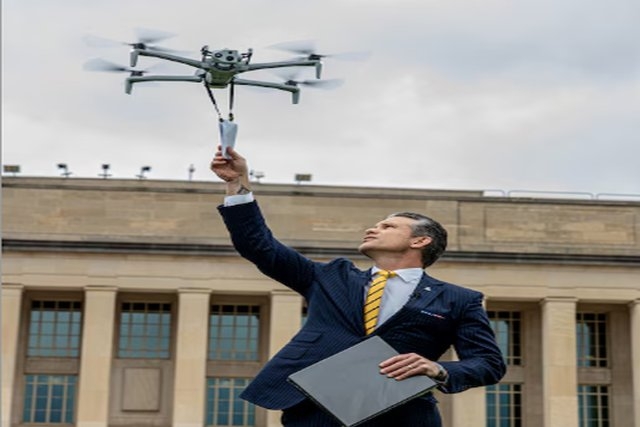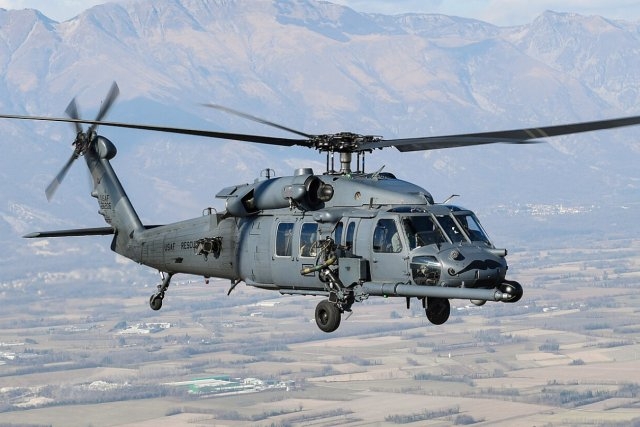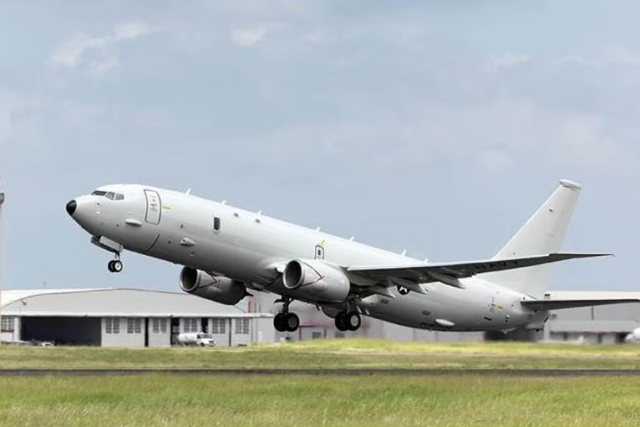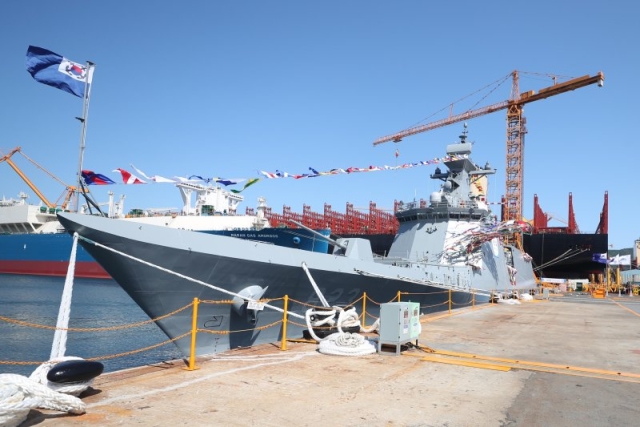KC-390 offsets to bring bonanza to Brazilian Industry
The KC-390 will come into operation with the Brazilian Air Force, bringing advances in operational capabilities for missions such as transport, refueling and humanitarian relief. But before taking off for the first time, the design of the new Brazilian military aircraft will bring benefits to domestic firms that participate in its development. This was the main theme of the First Workshop on KC-390 Offsets, held at the Technology Park of Sao Jose dos Campos (SP), on May 25-26. The event brought together Brazilian and foreign companies to start talks on offset, which are counter-trade that the industries need to offer overseas to Brazil if they wish to participate in the project. "Offsets are intended to allow us to overcome technical and logistical obstacles," said Col. Adalberto Zavaroni, technical manager of the KC-390 project. Offsets for KC-390 project may include staff training, technology transfer, joint development of systems and supply of machine tools, among other relatively possibilities. "We will not pursue offsets for their own sakes. Offsets will bring innovation, feasibility and reliability," summarizes Colonel Alfonso Rodrigues, of the Institute of Development and Industrial Coordination (IFI), FAB subordinate organ of the Department of Aerospace Science and Technology (DCTA), which organized and promoted the workshop. The program featured presentations on the Brazilian Air Force KC-390 and the offsets policy of the Air Force Command. Embraer, the developer of the plane, also explained the phases of the project. The 16 foreign participants in the workshop, all potential suppliers of counter-trade, could also submit their proposals. In the end, there was a roundtable of 172 business meetings and direct negotiations with national companies that are candidates for receiving offsets. In 2009, the Air Force Command signed a contract with Embraer for the development of the KC-390. The new transport and refueling aircraft will replace the C-130 Hercules, of U.S. manufacture, and increase the logistical support capabilities of the Air Force. Each aircraft will carry up to 80 troops or a total load of 19 tons. It will be able to carry out missions such as moving troops into any region of Brazil, cargo transport, search and rescue, tactical air assault, aerial refueling, airborne release of cargo and transport of humanitarian aid.









